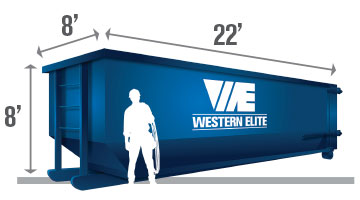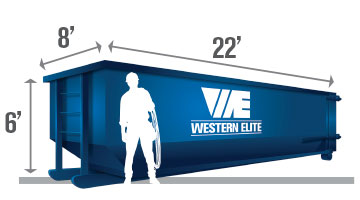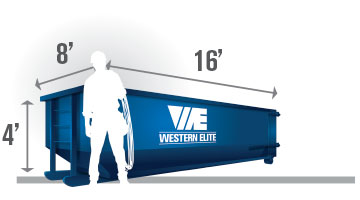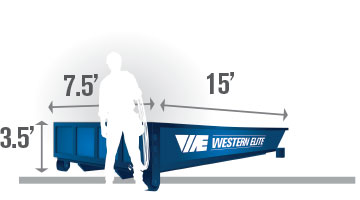 While recycling at home may be second nature to you by now, most of us don’t think about the bags of waste produced by the workplace.
While recycling at home may be second nature to you by now, most of us don’t think about the bags of waste produced by the workplace.
The average American produces 4.3 pounds of waste per day. Over a month, that compounds into 129 pounds. And since most of us spend half of our waking hours in the workplace, a lot of that is dumped at the office. Often, workplace waste is even more than that, depending on the nature of your work.
Managing recycling at work can be complicated because oftentimes, no one is quite sure who is responsible for such things. Does it come down to the building? The boss? Do you have an office manager who takes care of these things? Do you have the ability to change your office’s waste habits even though you’re a lowly underling?
The answer, of course, is yes. You can make it easier to recycle at the office just by bringing it to your coworkers’ attention. Pass a petition around if you’re worried about speaking alone. Recycling is a responsibility that we all share. And when it comes to the workplace, there are certain major items that need to be moderated, reduced, recycled, and disposed of properly. Here are a few of them:
Batteries
Most of us go through a lot of batteries at the workplace, especially if we have a cordless mouse for our computer. In the last decade, most household batteries (like those you use in your remote control) have changed. They’re now made with safer materials that don’t need to be as closely regulated. Depending on your state, you might be able to simply put them in the trash, but it’s important to make sure. And when it comes to the workplace, there are still strict regulations about other batteries: car batteries, cell phone batteries, and computer batteries must all be carefully recycled.
Cans and Bottles
How many water bottles do you go through in a week? How many cans of Red Bull does it take to get you through the 2:00 slump? How often do those items just fill up your trash can, instead of being properly recycled?
Extra Paper
Many offices go through reams and reams of paper every week. It might be that newspaper and magazine subscriptions pile up, office memos and correspondence fly around, and meeting notes and handouts find themselves obsolete after a few hours. The first step here, obviously, is to reduce your use of paper wherever possible. Go paperless in interoffice memos. Use emails, tablets, and online newsletters where you can.
But after that, take note of which papers are recyclable, and make a bin available.
Old electronics
Only 10-40% of e-waste (or electronic waste) is disposed of properly. E-waste includes cell phones, laptops, tablets, and all other electronics. This also includes scanners, fax machines, shredders, etc. Electronic devices have toxic substances like lead, cadmium, and mercury, which can cause harm to the environment. The good news is that most electronics can be recycled. Apple said that it collected over 2,000 pounds of gold just from discarded electronics last year! Most parts and pieces can be recovered and repurposed into new devices. So if your office is getting rid of some old supplies, make sure that they go to the right place. Look up an e-waste recycling facility resource near you!





